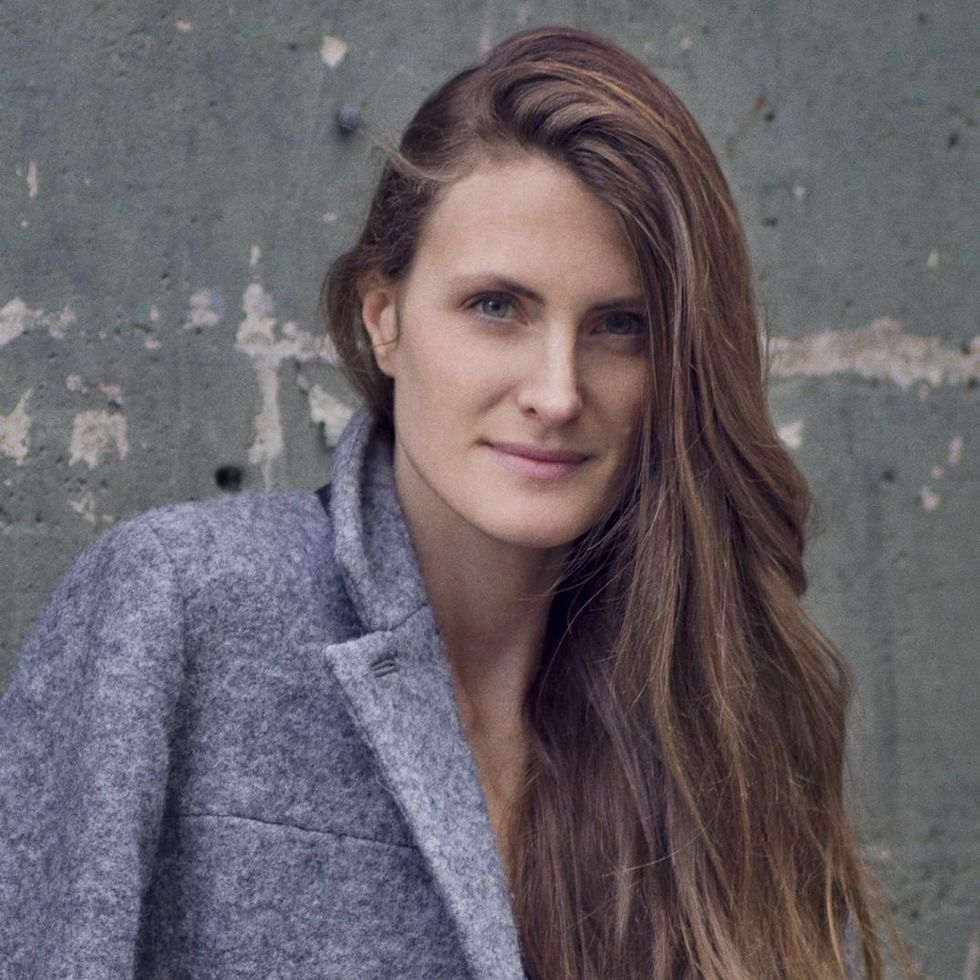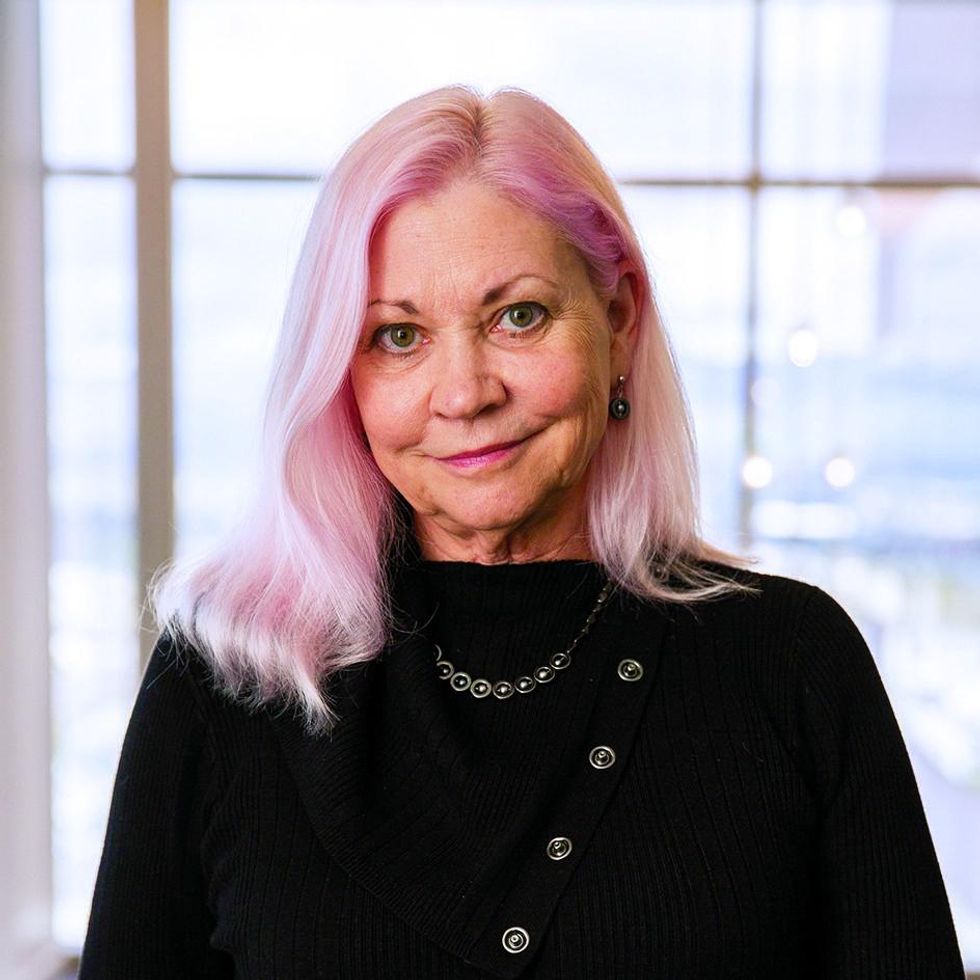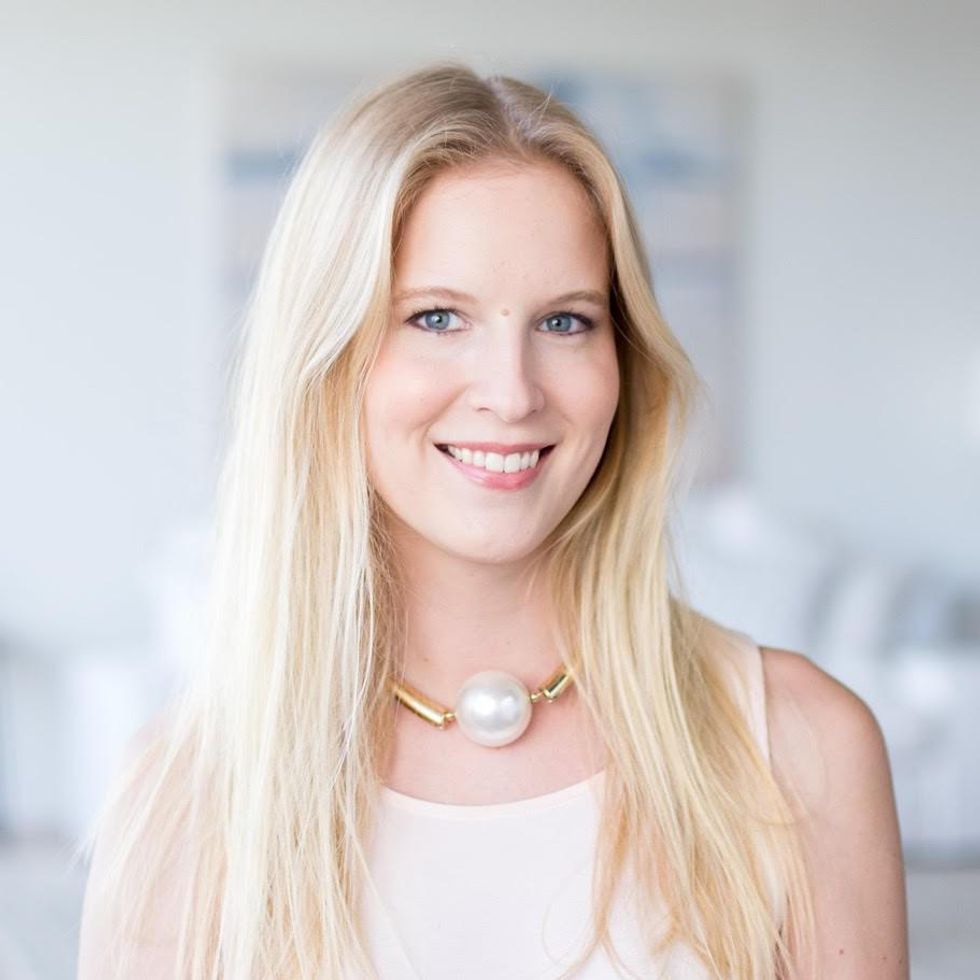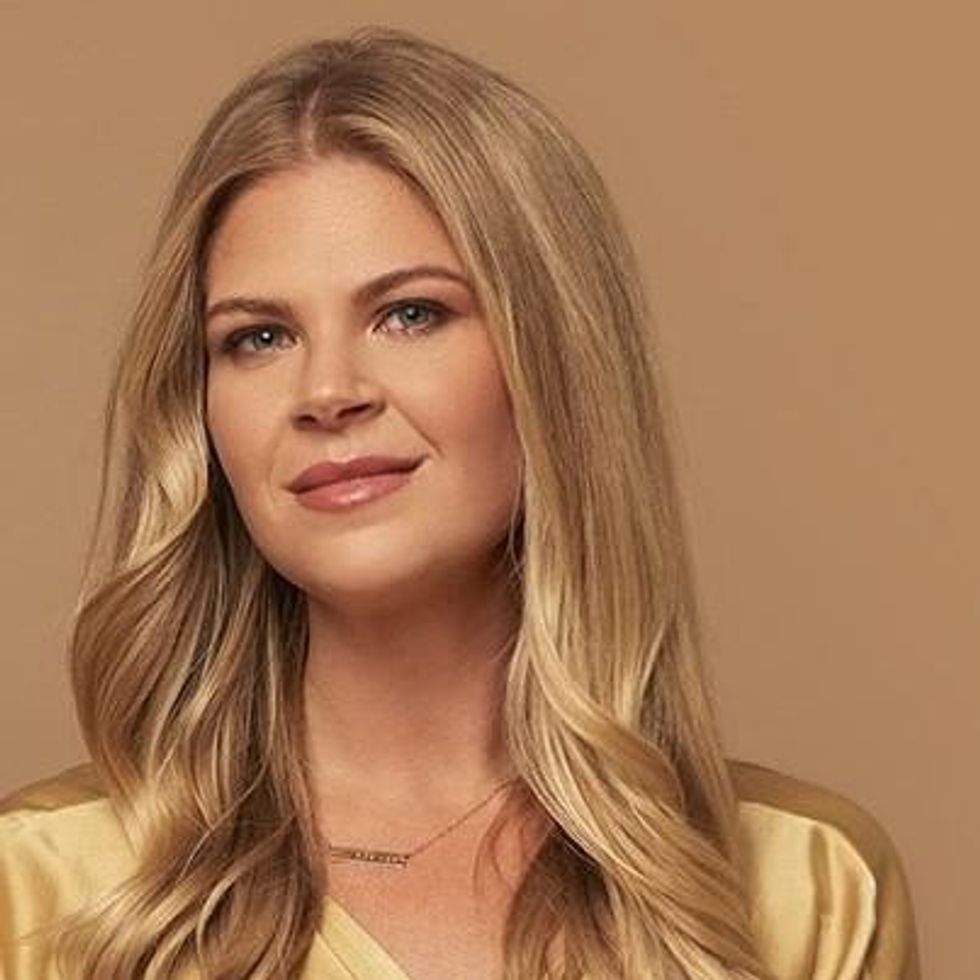Born in the wake of the #MeToo movement, Los Angeles-based startup AllVoices is hoping to make it easier for employees to report incidents of workplace harassment.
The company's platform acts as a third-party tool to let workers report incidents of harassment and give feedback to companies anonymously, but as founder Claire Schmidt readily admits, it's not an end-all-be-all to end workplace harassment.
Still, she says it gives employees a secure way to voice their concerns anonymously – both concerning isolated incidents and about broader patterns within a company's culture. This week, the company raised $9.6 million in an oversubscribed round of Series A funding led by Silverton Partners, M13 Ventures and Crosscut Ventures.
The funding comes in the wake of several high-profile workplace conditions incidents. Recently, Santa Monica-based Activision Blizzard was hit with a lawsuit from the California Department of Fair Employment and Housing alleging that male workers engaged in a "frat boy" culture at the company, drinking "copious" amounts of alcohol at work and treating female employees inappropriately.
The lawsuit led to an internal strike where hundreds of employees walked out of work and demanded change within the company and the resignations of several executives.
AllVoices' CEO and founder Schmidt said she has seen several examples of workplace culture veering into hostile territory. She recalled one employee who reported a company costume party where another worker dressed up as a religious figure.
"It wasn't about making the person who dressed in that costume bad or wrong," said Schmidt, who declined to name the company. "It was just like, 'hey, we're getting this feedback and in the future, we don't want anyone else to feel uncomfortable so we've decided to change the policy'."
The company eventually changed their policy to prevent people from dressing as religious figures.
Victims of workplace harassment often have a hard time getting their companies to take their complaints seriously. Around 75% of workers don't report workplace misconduct, largely out of fear of retribution – a figure that Schmidt wanted to address.
"To me, it seemed like there was a huge gap between companies' perceptions of what their employees were or were not experiencing and reality," said Schmidt. "I wanted to build a tool that could bridge that gap and help companies actually build trust with employees."
Schmidt sees the app as a platform for employees to voice complaints anonymously with a greater sense of security, particularly because employees might not trust internal reporting tools.
"If the employee doesn't have trust in the platform they're either not going to be honest in providing the feedback or they're not going to use it at all," she said. "We realized there was a massive need for a completely secure, encrypted third-party platform that placed the privacy and the security of the employee at the forefront."
AllVoices' user base includes companies such as Zillow, Box and GoPro, and is popular among companies in the tech and fintech industries, Schmidt said. She declined to comment on exact revenue figures, but said the company experienced around 400% growth in customers from 2019 to 2020.
Even if employees feel safe making allegations through AllVoices, companies that use the platform still have the responsibility to adequately respond to complaints.
It's also common for employers to respond to allegations of harassment inconsistently, which can dissuade victims from coming forward in the future, according to Sheerine Alemzadeh, the co-founder of Chicago-based nonprofit Healing to Action and a former litigator who worked with victims of workplace sexual violence. For example, companies may respond in favor of high-ranking employees or apply discipline in ways that victims see as unfair, she said.
"If you feel like people are not going to give you a fair shot when you make this complaint, especially around an issue that's already extremely stigmatized and embarrassing for a lot of people to talk about, there's really no incentive to come forward," she said.
Alemzadeh said it is important to have multiple avenues for employees to report harassment, particularly to prevent retaliation, and third-party platforms like AllVoices can be a good alternative for employees.
But she cautioned that an over-reliance on anonymous reporting tools may be an indication that companies need to address their company culture, she added.
"If you're feeling like the only way you can actually get people to come forward and share this is happening, is through an anonymous report that does not identify them, then you should probably be asking yourself some deeper questions," she said.
Even so, Schmidt said most companies she's worked with have been receptive to feedback received through AllVoices. AllVoices also lets employees give anonymous feedback on how they felt the company handled their complaint.
Schmidt believes a more proactive approach to working conditions could help prevent such large-scale issues from ever occurring.
"These are things that employees do, in my opinion, sort of a last resort," she said. "Ideally, if companies could identify these issues more proactively, provide more channels for employees to speak up, try to take action and help resolve the issues and show employees that you care, I think some of these more serious downstream incidents can be avoided."
Editor's note: dot.LA co-founder Spencer Rascoff is an investor in AllVoices.
- All Voices Allows Employees To Share Feedback Anonymously - dot ... ›
- #MeToo-Inspired App AllVoices Lands $4.1M - dot.LA ›












